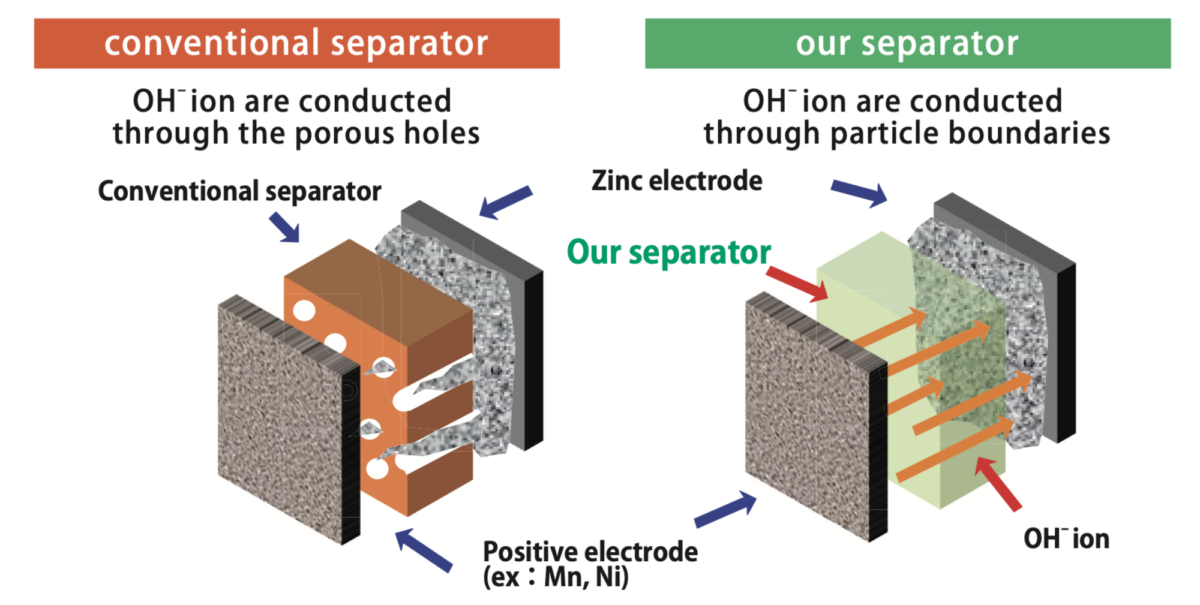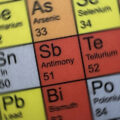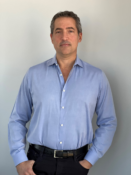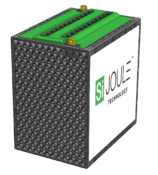Japanese chemical company Nippon Shokubai has developed a separator for rechargeable zinc batteries which it said conducts hydroxide ions but suppresses dendrite growth.
Ryo Nakamura, manager of the company’s research centre, said they developed a technology to coat the organic/inorganic particles onto the nonwoven fabric used as the core material in an extremely dense structure.
“The expected effect is to suppress short circuits caused by zinc dendrites during charging and extend the battery life of rechargeable zinc batteries,” he said.
The company said the structure with mineral powder in sheet form provides durability and flexibility, and high ionic conductivity despite a non-porous structure which suppresses short circuits caused by zinc dendrites.
The product has a better claimed cycle life with more than 1,000 cycles observed, 10 times that of a conventional separator and a longer overall lifespan.
Applications will include automotive batteries, and UPS for data centres, it said.
Nippon Shokubai bases its business on catalyst technology. It has supplied ethylene oxide, acrylic acid, automobile catalysts and process catalysts. It claims the world’s largest market share of superabsorbent polymers.
It joins the Zinc Battery Initiative body as one of the first Asian members.












